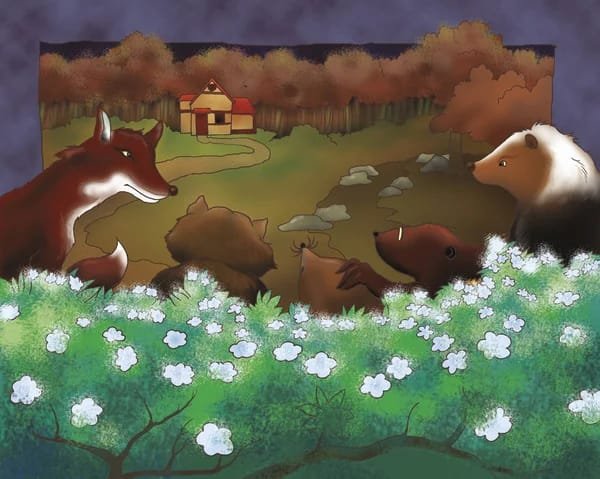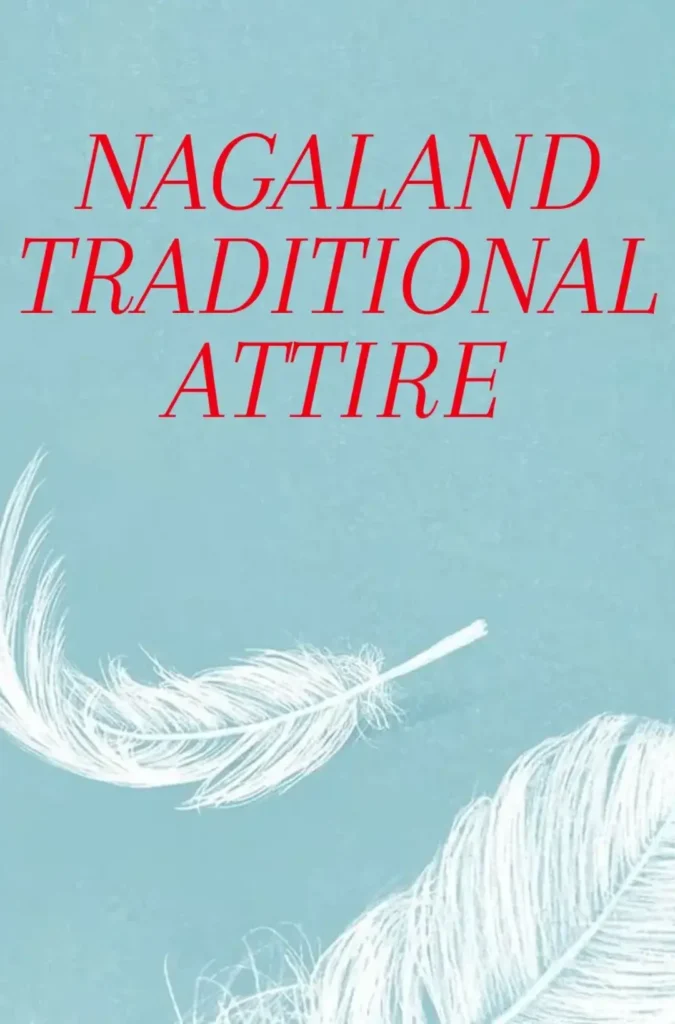Naga culture being known for its oral tradition has passed down a great deal of mystical tales and folklores along with the good ol’ tradition of bravery, integrity and honest Governance of the Nagas. We must have heard at least a couple of traditional tales from our grandparents or perhaps read them on school textbooks like the heart wrenching tale of Mehouviu and Morusa by Easterine Kire and the romance of Jina and Etiben . Of all the amazing Grandmother’s bed time stories, Lijaba’s tale triumphs out as one that is worthy of narration for all the coming generations.
Lijaba, commonly known as Grandfather Lijaba is a popular deity in the folk lores of the Ao- Nagas. Tribal legend depicts Lijaba as the creator of the Ao- Naga Hills of Nagaland, India. According to the legend, the Ao land is craggy and rugged because when the deity was designing the Ao land, due to some unforeseen circumstances he had to finish off the task in great urgency and hence, could not flatten out the land.

One such tale narrates how Lijaba invited all the animals to his Garden one fine day for a grand feast. If I must say, this would be the traditional version of Garden of Eden. So, the animals having been invited began to ardently groom themselves as they anticipated for the banquet.
The poor doe was in despair because not all animals could afford to luxuriously ornate themselves to the party. The doe’s predicament invited pity from the Fox. “Why do you look so defeated as if the sky fell upon you?” asked the fox. To which the doe narrated her misery for not having anything fancy to embellish her look for the great day. “No worries my friend, Wait here and I shall be back in a jiffy”, assured the fox and went on his way.
As promised, the fox brought a pair of Tongpang* and handed it to his Deer friend. Miss little Doe, as elated as anyone would, polished it and hung it on a parched tree branch.
*‘Tongpang’ is a traditionally made square-shaped earring typically made of white carnelian stone worn by the tribal women of Naga Tribes. The word itself is from Ao-Naga dialect.
Meanwhile, the squirrel had been frantically looking for her missing pair of precious earrings which she was supposed to wear on the great day. Perched atop a branch, the squirrel sighted her Tongpang under which the elegant doe was sitting. The squirrel enquired, “Why do you have my Jewellry?” The doe answered, “This is mine. The fox gave it to me.”
Furious, the squirrel uttered a wail and began to jump up and down on the branch. The earrings dropped to the ground and shattered into pieces. Doe, unable to contain her anger and bitterness, began to repeatedly stomp on the ground. Amidst the hullabaloo, the earthworm which was having the time of its life munching on the organic earth, unbothered was crushed into two halves by the disappointed stomping doe. And as the invertebrate writhed in pain on the ground one of its remains accidentally crack open the egg laid by the Orok (Grey Jungle Fowl). This prompted the agonized fowl to scratch Lijaba’s luscious Garden.
Lijaba reprove and questioned the fowl why it chose to indulge itself in such a perilous act. Fowl answered, “That clumsy Earthworm broke my eggs.” Lijaba then questioned the halved earthworm to which it replied, “The Doe crushed my body and the pain was intolerable to me! I swear I was only wriggling in pain”
The old man then called upon the doe and asked to present her case. “I was at my wits’ end because the squirrel dropped my earrings.” The doe defended itself.
“The doe stole my white carnelian earrings and claimed ownership over those.” said Squirrel.
“Why did you steal the carnelian?” Lijaba interrogated the doe again.
Doe replied, “I did not steal it. The fox gave it to me.”
Thus, Lijaba summoned the Fox and asked how it got its hands on the jewellry. The fox admitted that he stole Squirrel’s Tongpang to give them to the deer.
Lijaba commanded, “You shall be caged in the coop and hot water shall be poured upon you! This shall be your punishment for you have deceived and sinned.” and scornfully returned to his kitchen to boil a pot of water.
Just then, an idea struck upon the witty fox, in fact a malicious one. Fox announced, “Anybody who wants chicken?”
As clueless as one can be, Shitsuk ( Jungle cat) responded. “Here!”
“Come now, dear friend! Are you willing to do everything I tell you?”
“Certainly!”
“Release the latch and let me out first. Then you stay in the coop for a moment. I shall bring you the chicken.”
The clueless cat agreed and crawled into the cage without a hint that it had walked into the trap itself. Then the fox ran for his life.
Lijaba then came with the hot pot of water and poured almost half of it when the Shitsuk cried out “Grandpa! Behold! It’s me.”
“Oh! That sly Fox…Not Again! Poor fellow! Why did it have to be you? Oh innocent Child!” cried Lijaba as he let the feline out of the coop.
THE END
The tale can be narrated to bring about certain analogies and idioms which can be applied in our daily lives. Some of which are discussed herewith-
Analogy of the tale:
1. No matter how pure your intentions are possession through Un-lawful means is always destructive and ephemeral.
2. Not everyone who promises you finer things is a friend. Sometimes it would mean a trap.
Idiom: 1. Lijaba’s Garden itself is an idiom used when one thing leads to another; typically to that of a commotion where the causal is hard to determine.
Idiom: 2. Burned cat instead of the fox is a common idiom used when somebody gets the blame rather than the person who created the situation.
We hope you enjoyed the tale! Share it with your friends now.




